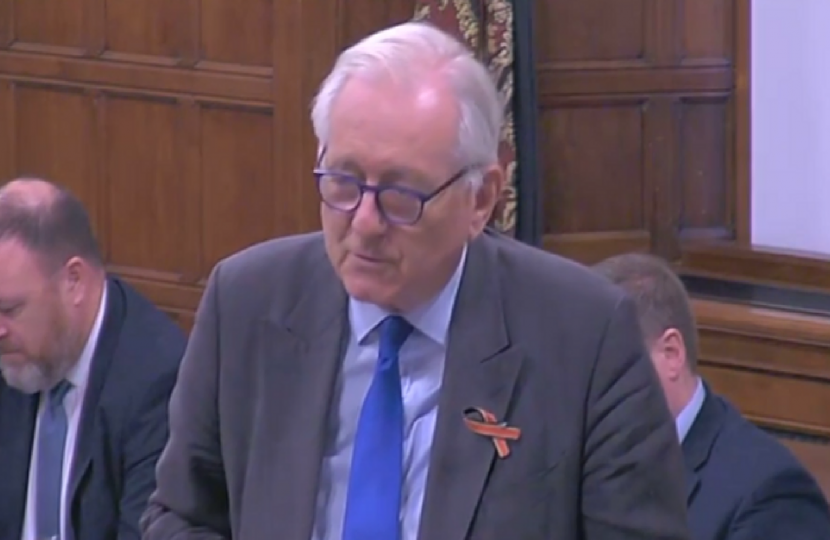
A fortnight can be quite a time for a political leader. Scotland’s First Minister Nicola Sturgeon appeared to be in command of her party. There was little known party dissent at Holyrood or at Westminster.
She announced her party should choose a new leader. Within hours, every newspaper had columns explaining why life had not been rosy during her time in charge.
Possible successors this week explain why the special party conference to set strategy for separation from the United Kingdom will not occur next month. The challenge to the blocking of unconditional gender change by a teenager at 16 may be dropped: it is no longer a priority. That was in the coalition agreement with the Scottish Greens, more left-wing up north than on here the south coast of England.
The SNP should prefer someone who understands the reasons why under ten years ago voters in Scotland declined independence in the once-in-a generation referendum and why in the 2017 general election, 63 percent of those voting chose Labour, Lib Dem and Conservative candidates.
In Northern Ireland, moderate parties lost most of their representation at Stormont and in our shared national parliament. The Social Democratic and Labour Party, formed in 1970, had become the province’s second largest group, striving for long overdue reforms, including fairer voting, no-discrimination in employment and housing, and non-sectarian policing. They engaged with relatively moderate Ulster Unionists and stood against Sinn Fein who then overlapped with the Provisional Irish Republican Army.
The surprising result decades later was power sharing between Ian Paisley’s Democratic Ulster Unionists and Martin McGuinness, deputy leader of Sinn Fein. More extreme people should have backed early peacemakers including Gerry Fitt, John Hume and David Trimble.
In England and Great Britain, Conservatives chose Boris Johnson and Liz Truss before coming to Rishi Sunak. When Ed Miliband stood aside in 2015, Jeremy Corbyn won three times the support of his nearest challenger. That former Labour leader is now likely to be denied party backing as an official candidate, though the votes of university graduates brought his party an unpredicted boost in 2017.
Selections for parliamentary seats are on revised proposals by the independent Boundary Commission for England. Colleagues in each major party face difficulty. For Labour, do you support Jeremy Corbyn or his chosen successor Sir Keir Starmer? If Conservative, do you want to turn the clock back or forward, giving Boris Johnson or Liz Truss another go?
Reflect on what Sir Winston Churchill tried to do. Over Northern Ireland, he sought a negotiated acceptable compromise. I back government trying to do that now. Progress seldom comes by adopting an ‘impossible’ position.
I encourage women and people of all colours, religions and orientations to explore steps to election to Councils and the House of Commons. You do not have to agree with every sentence in a party manifesto. Expect major political grouping to overlap. The enemies to democracy are apathy and ignorance, not others in your chosen party or in an alternative.
At Westminster, I believe it is more productive to ally with MPs who care too for shared causes. Labour’s Jim Fitzpatrick and I united for residential leaseholders.
His colleague Carolyn Harris and I battled for an end to the ‘crack cocaine’ of high speed, high loss fixed odds betting terminals in high street bookmakers, mainly in low-income neighbourhoods.
I followed my Conservative colleague Sir Roger Gale on animal welfare issues; we also fight for British state pensioners overseas who are denied inflationary increases for no good reason.
Do not expect me to be involved in public arguments about political leaders’ personalities.
Do expect me to work with others on practical measures that combat injustice.



